Jordan's Museums Official Website
Jordan's Museums Official Website
Cultural
Historical
Storytelling
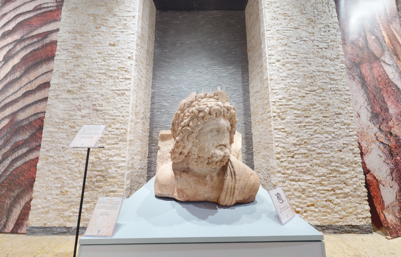
The Petra Museum contains 280 artifacts, dating back to different ages. The exhibition consists of five halls showing the history of Petra, information about the Nabataea’s way of life, their civilization.
Petra
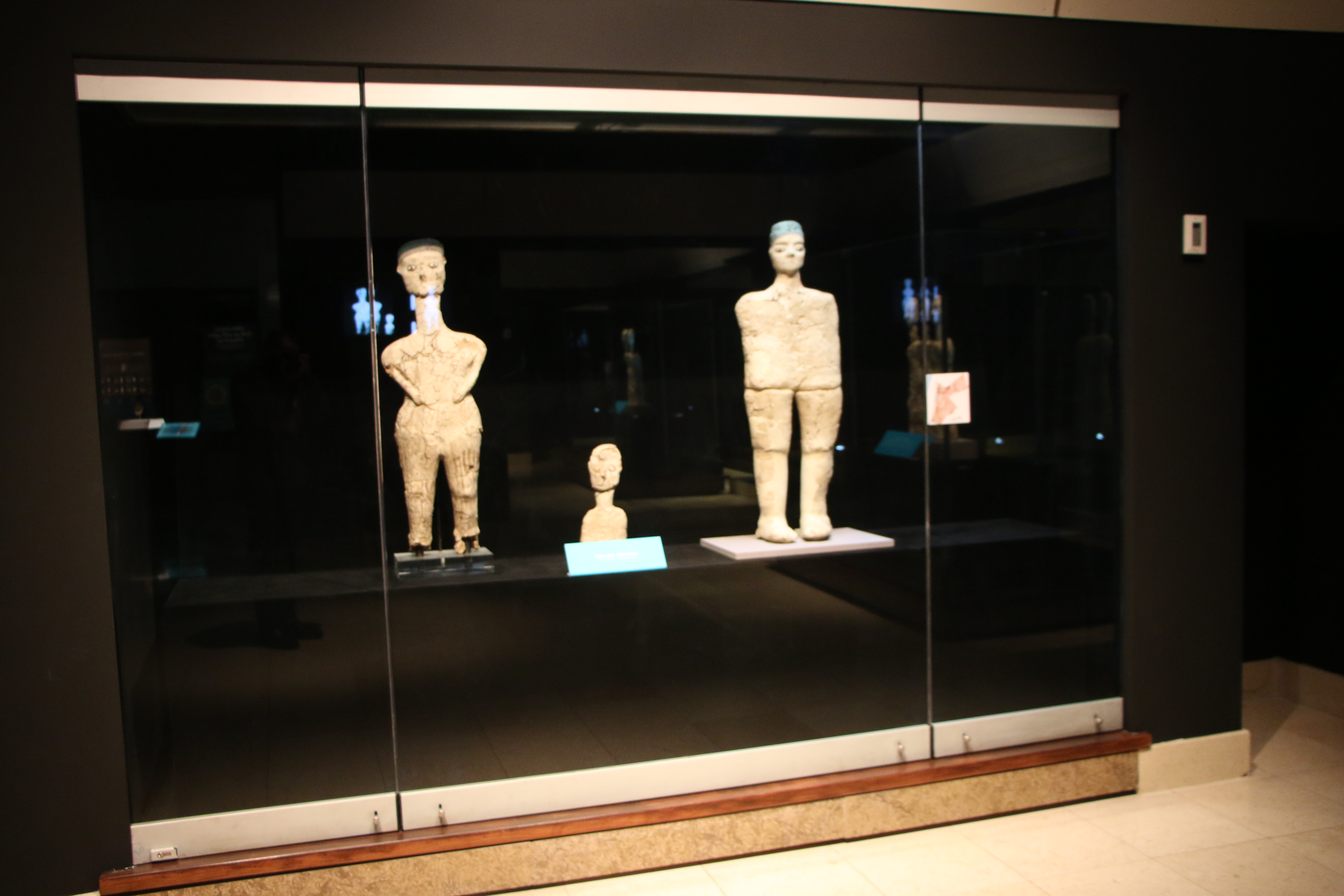
The national museum of Jordan, The Jordan Museum aims to preserve, and present, the country’s rich cultural heritage. A gateway to Jordan’s tourism, the museum is a learning center that shares knowledge in many engaging ways.
Amman
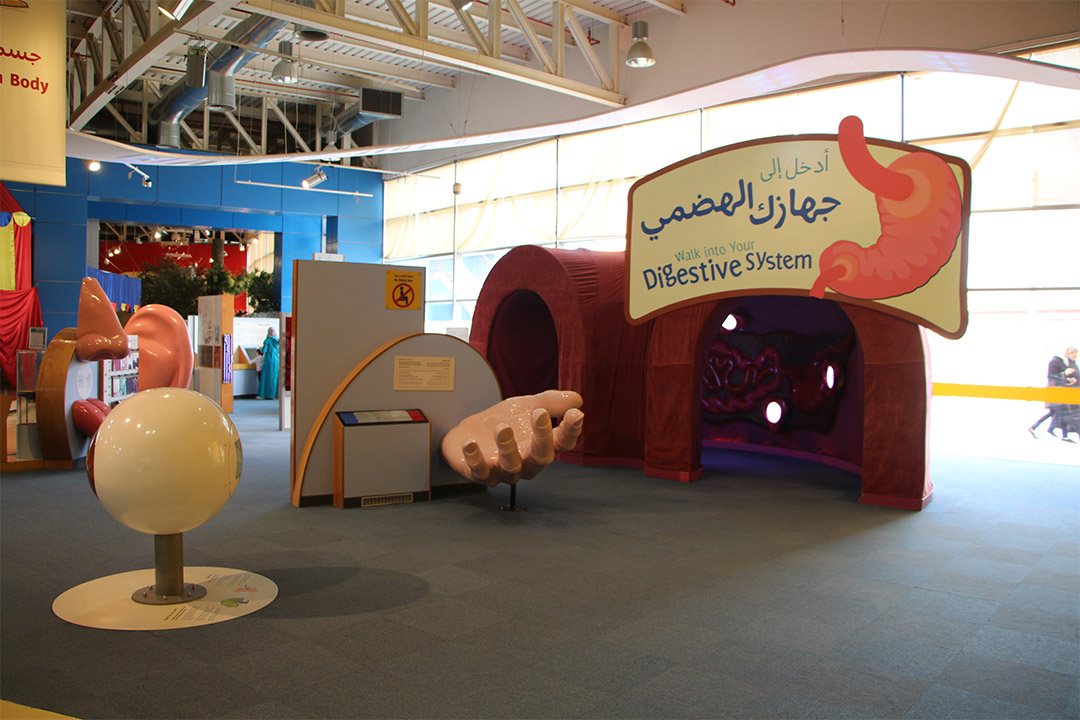
The first interactive children’s museum in Jordan opened its doors to the public in 2007.
Amman
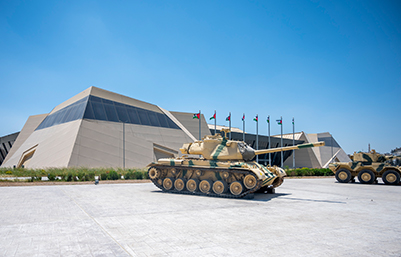
The Royal Tank Museum, located next to the King Abdullah II Park in Al-Mugableen, was established in 2007 upon King Abdullah's directives.
Amman
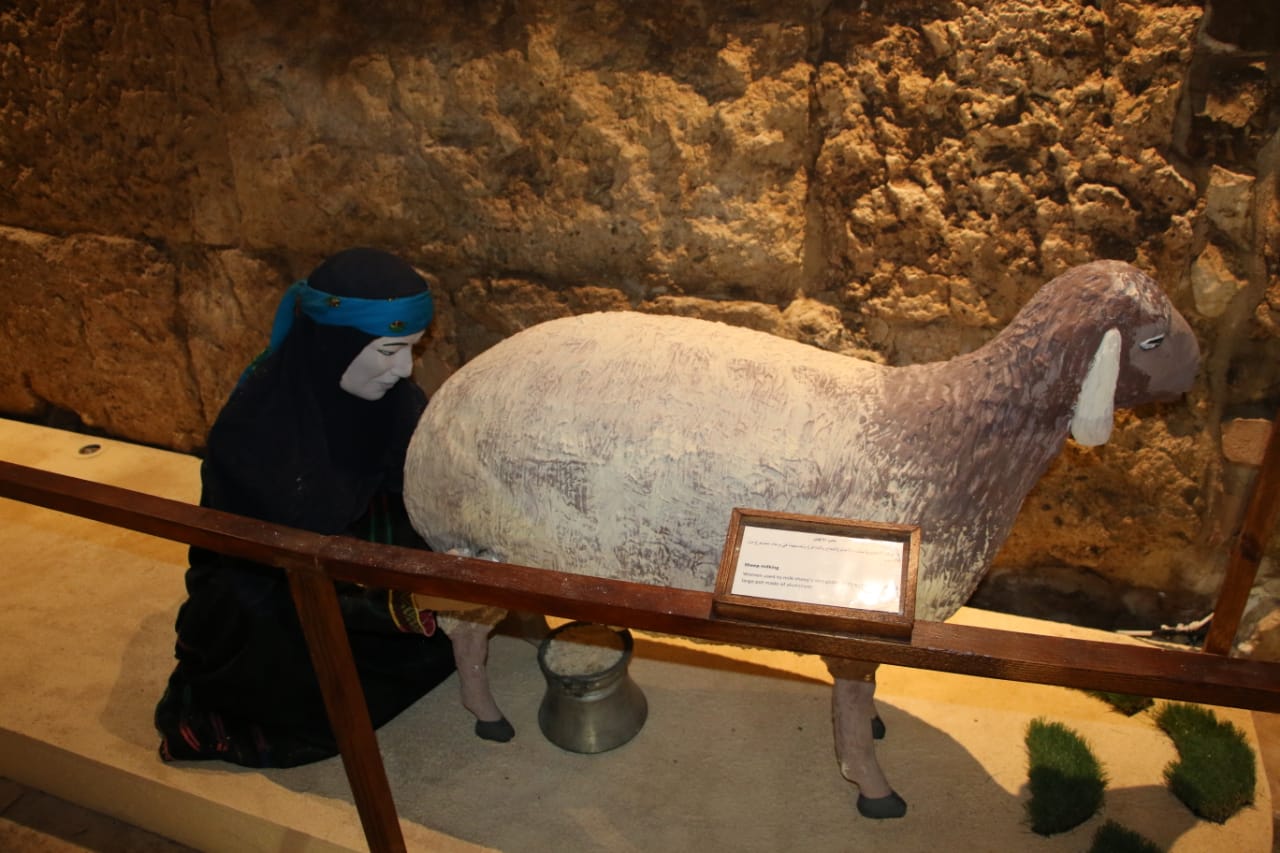
It was established in 1974 on the eastern side of the Roman Theater in ʻAmman.
Amman
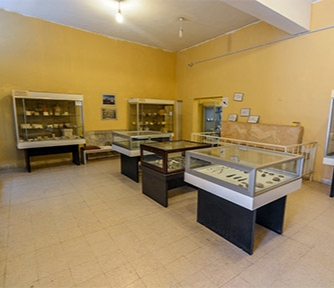
It was established in 1979 within a group of ancient houses where many mosaic floors were discovered.
Madaba
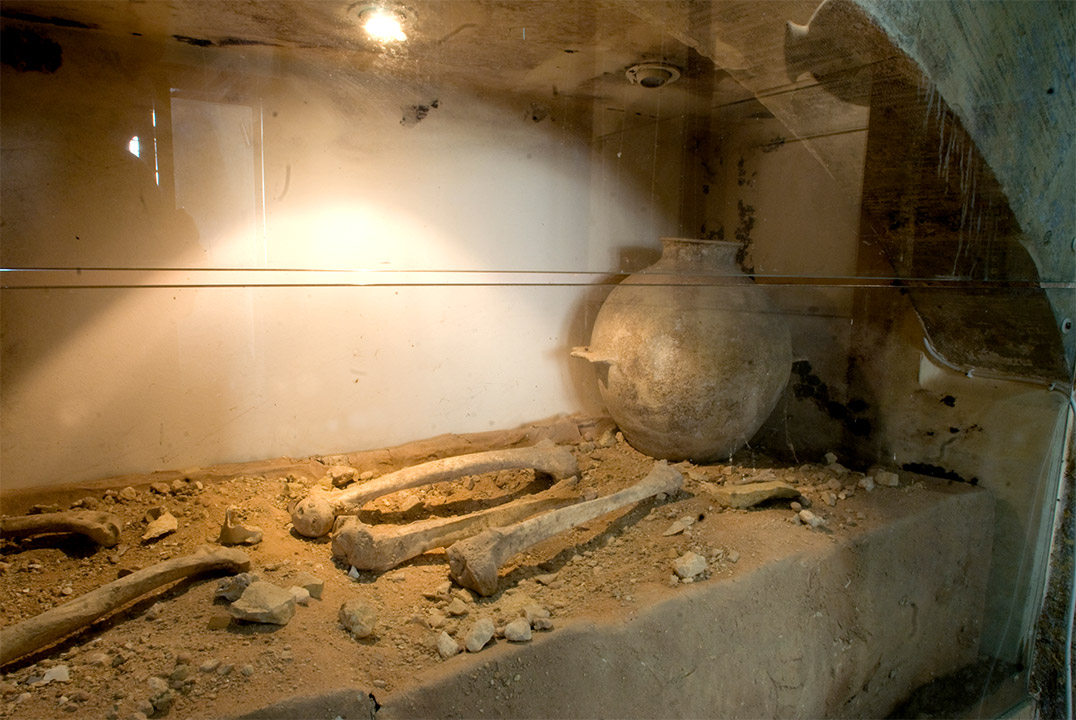
It was established in 1983 to be a specialized regional museum that displays the story of civilization that featured Al Balqāʻ region through different eras.
Salt
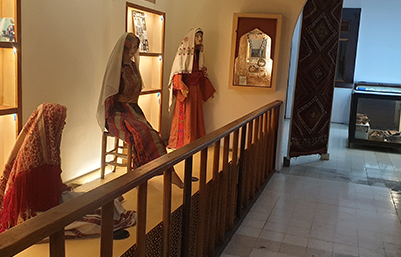
It is located on the western side of the Roman Theater in Amman. The Department of Antiquities has established the museum on 15/11/1975 to collect, preserve, research and record the Jordanian traditional heritage.
Amman
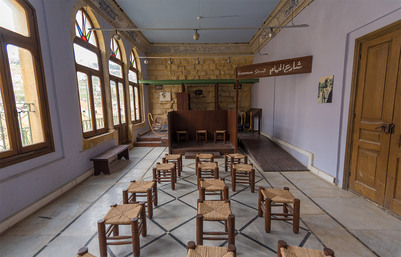
Al-Salt Historical Museum (Abu Jaber House), is a heritage building located in the center of the city of Al-Salt, and it dates back to the late nineteenth century.
Salt
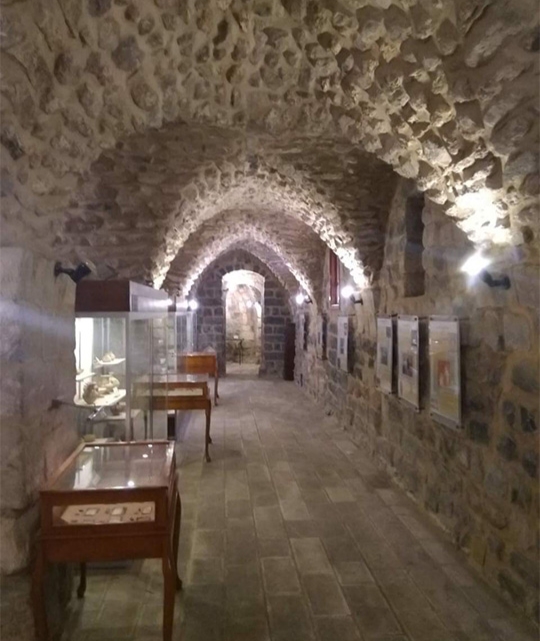
It is located at the top of the southern edge of the archaeological site of Tall Irbid, within the oldest traditional building in the city which was built during the Ottoman period in 1886.
Irbid
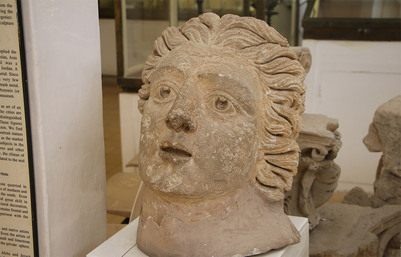
The museum was established in 1952 to tell the story of Jordanian civilization through displaying archaeological and historical collections.
Amman
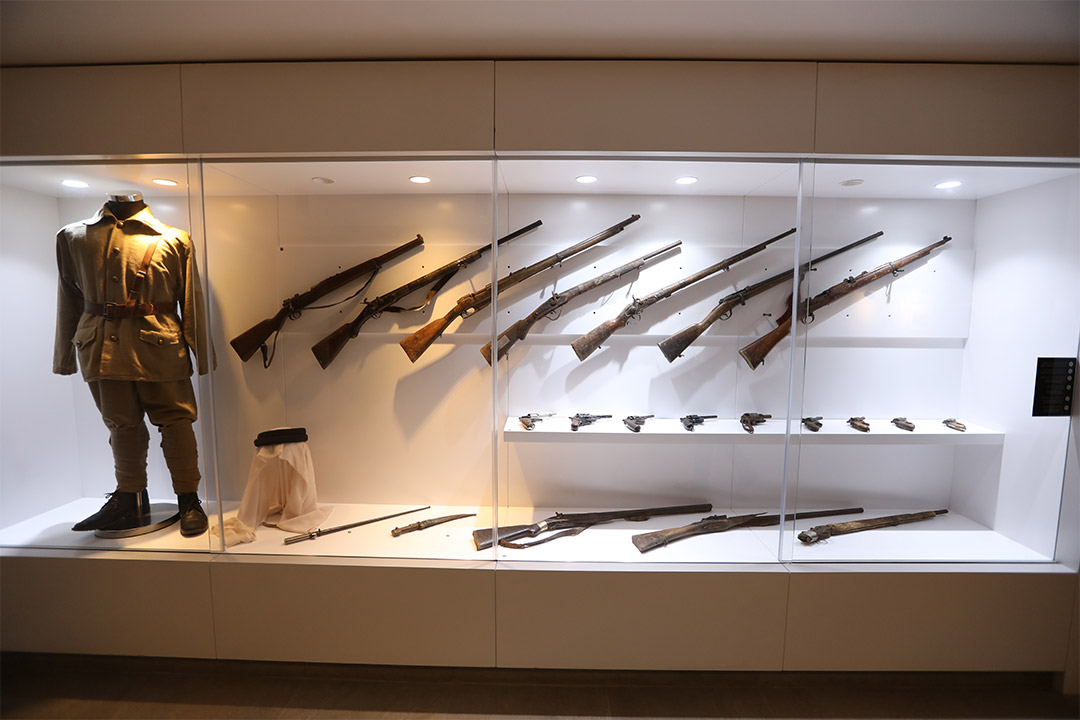
The museum was established in 1977 upon King Hussein's wishes. It showcases a rare collection of Jordan's military weapons, clothing, and vehicles.
Amman
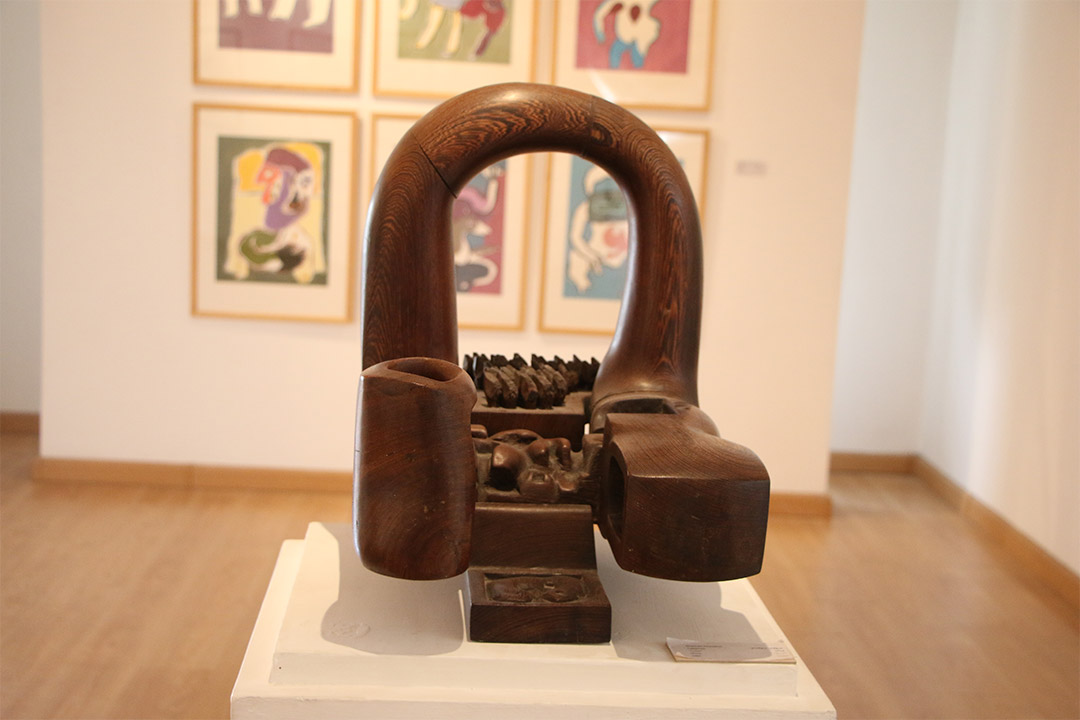
In 1980 the Royal Society of Fine Arts founded the Jordan National Gallery of Fine Arts, which is the region’s leading art museum.
Amman
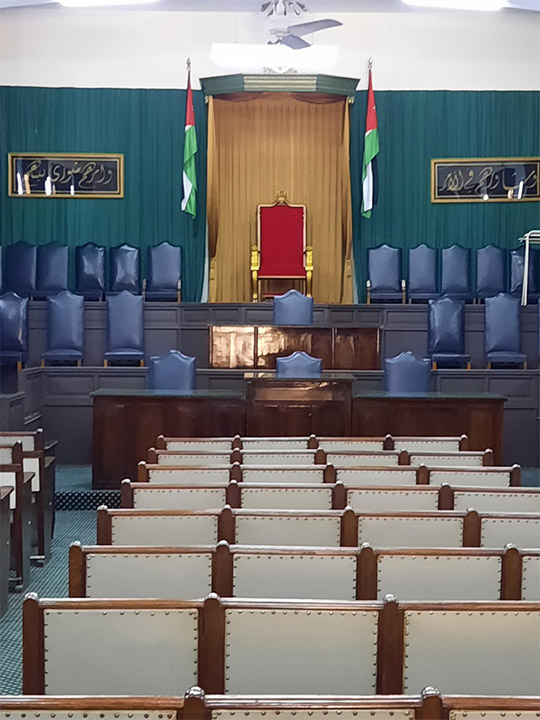
The Parliamentary Life museum is one of the first models of parliamentary museums around the world.
Amman
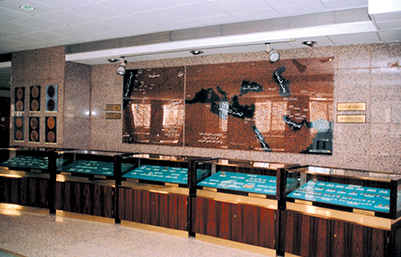
The Central Bank of Jordan has been aware of the significance of having a coinage and numismatics museum to exhibit the various coins that were circulated in the Jordanian territory throughout history.
Amman
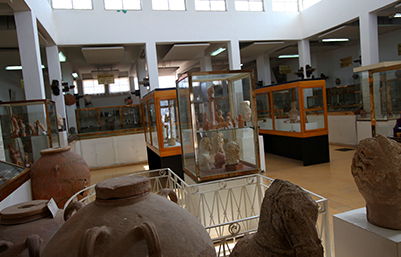
The Archaeology Museum was established in 1962, the same year which the University of Jordan was established. Since its founding, the museum has been continuously expanding its collection.
Amman
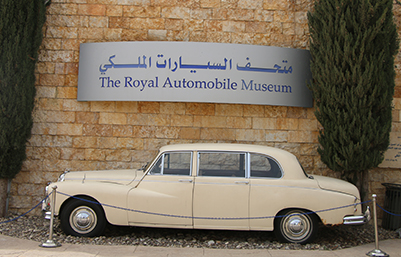
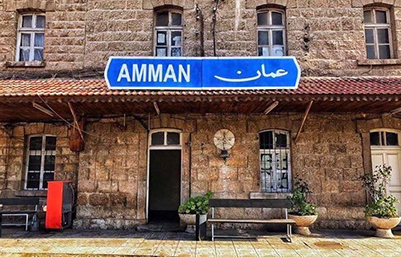
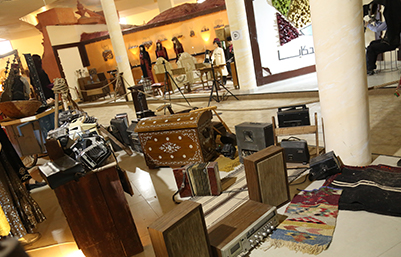
The museum aims to promote the idea of brotherhood between religions, Al Hakaya is an immersive culture center where people can take an exciting journey through history
Madaba
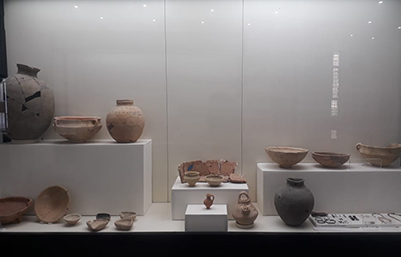
It was established in the year 2004/2005. and opened on 17/05/2012. It includes the objects that were discovered in the archaeological sites in Al Aghwār (Jordan Valley) region.
Dead Sea
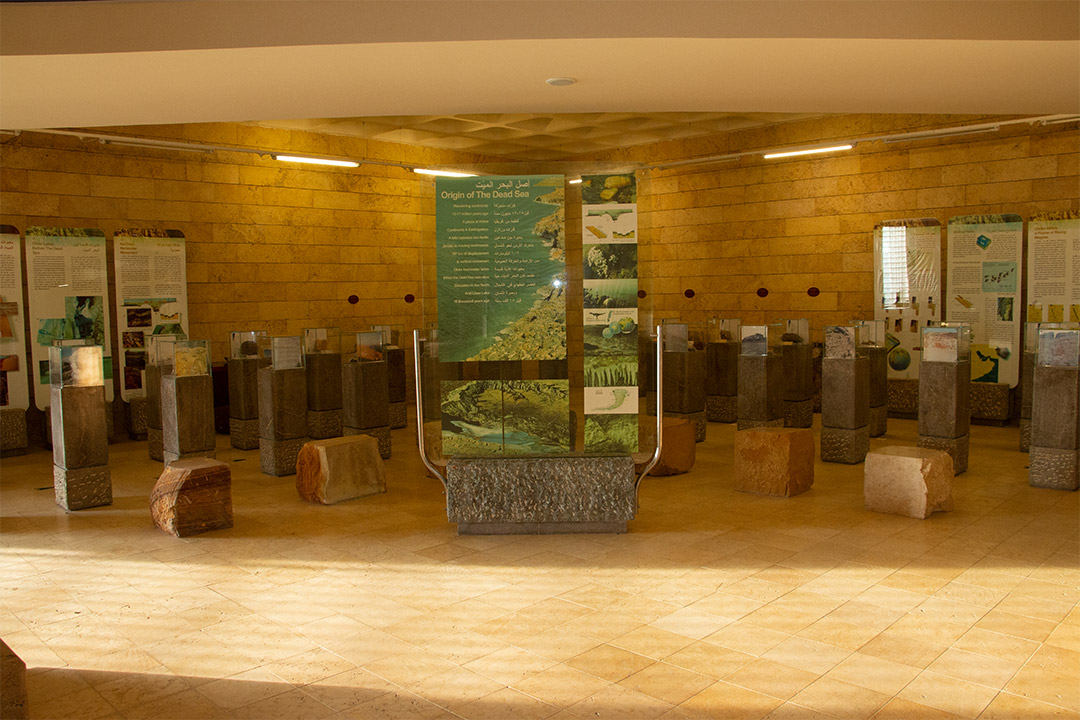
The Dead Sea Panorama Museum is located on one of the hills overlooking the Dead Sea and the holy and religious lands in Al-Maghtas and Palestine, next to the Ma’in therapeutic resorts.
Dead Sea
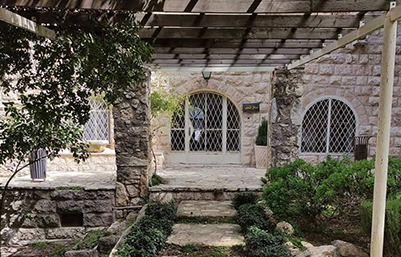
This house was turned into a museum after the death of his wife Saadia al-Tal in 1998, based on her will.
Balqaa
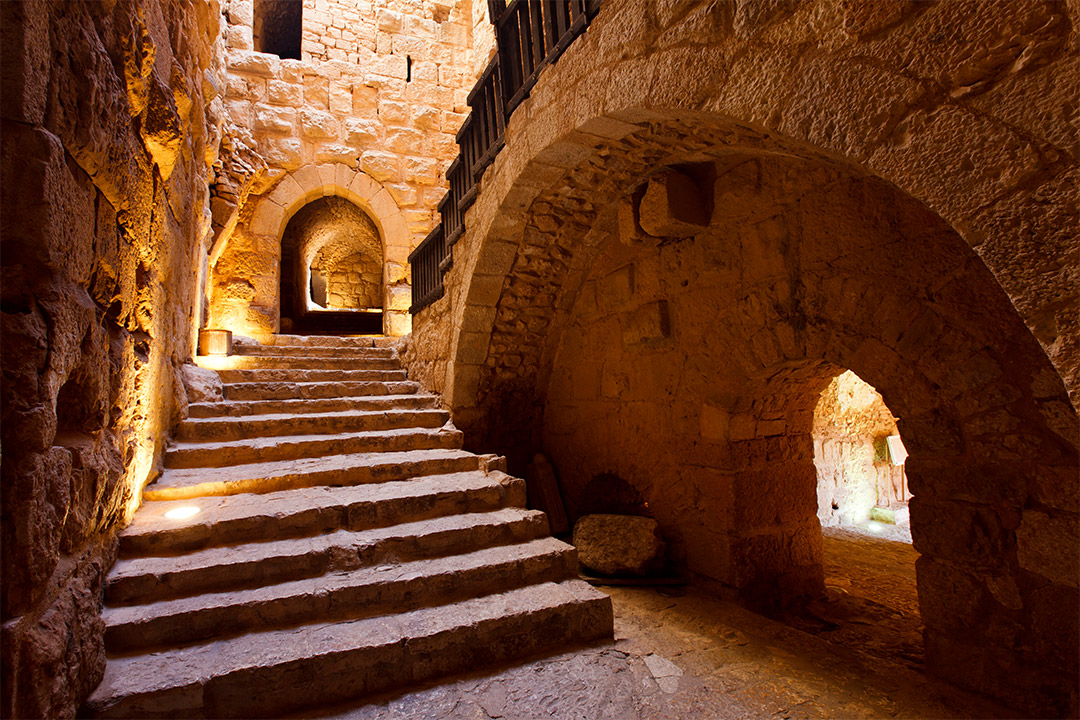
It was established in 2003 and located in Ajlun Castle and includes two interconnected halls with cabinets for displaying artefacts from different ages.
Ajloun
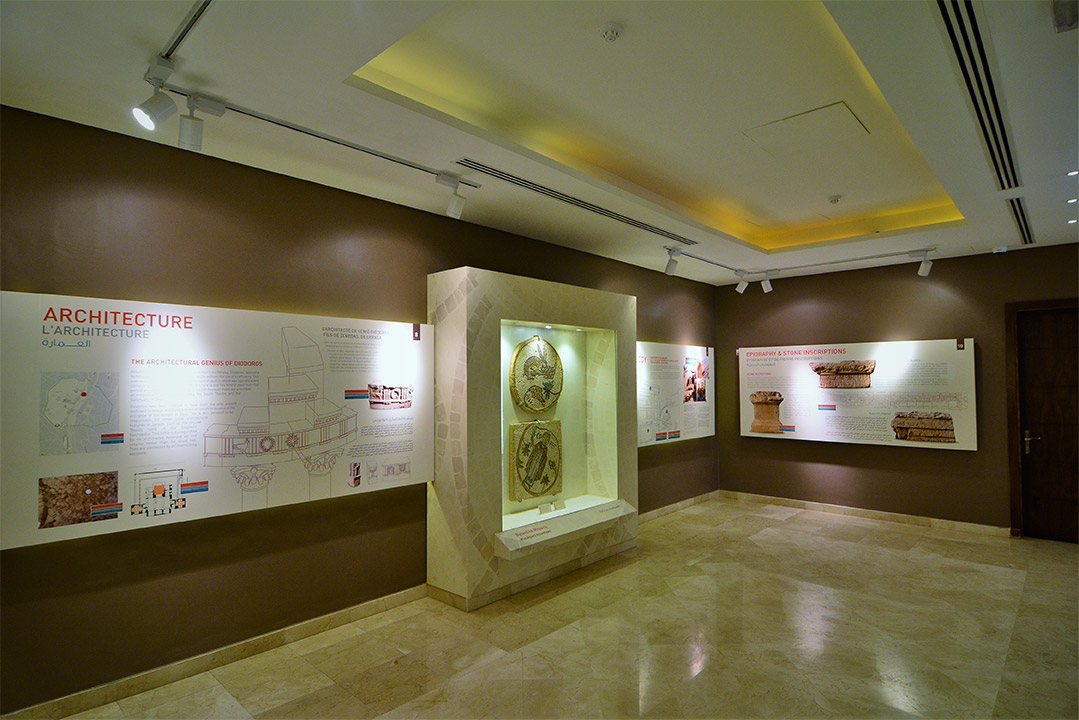
t was established in 1985. It includes different artefacts from different ages that the region passed through, starting from Paleolithic Age until the Late Islamic Age.
Jerash
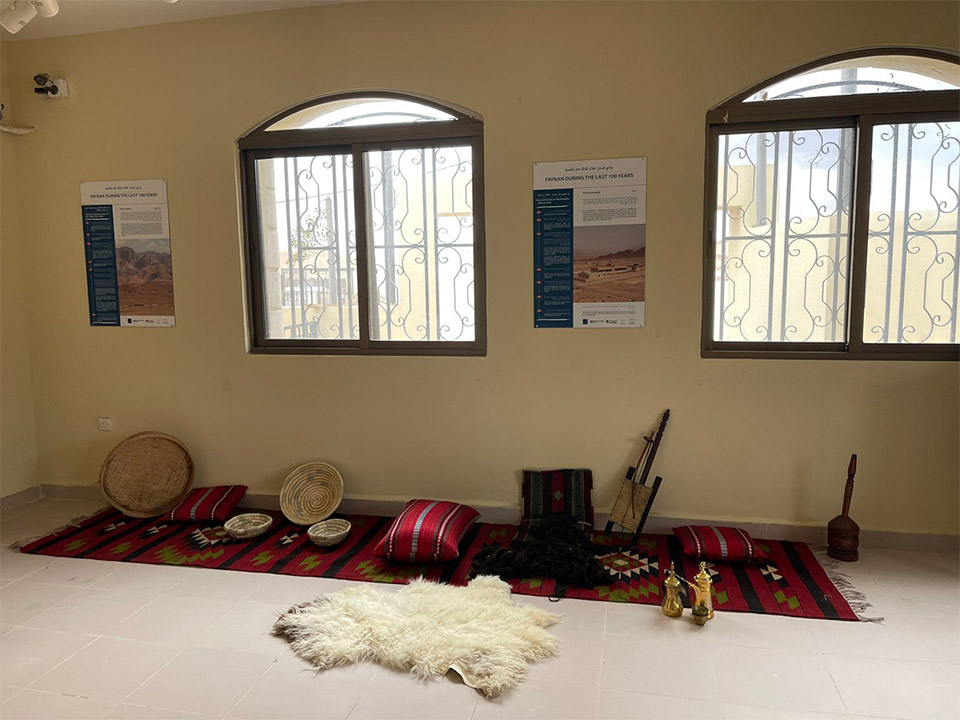
It was established in 2013. In a two-storey building with a main exhibition hall that includes cabinets to display flint and stone tools.
Wadi Araba
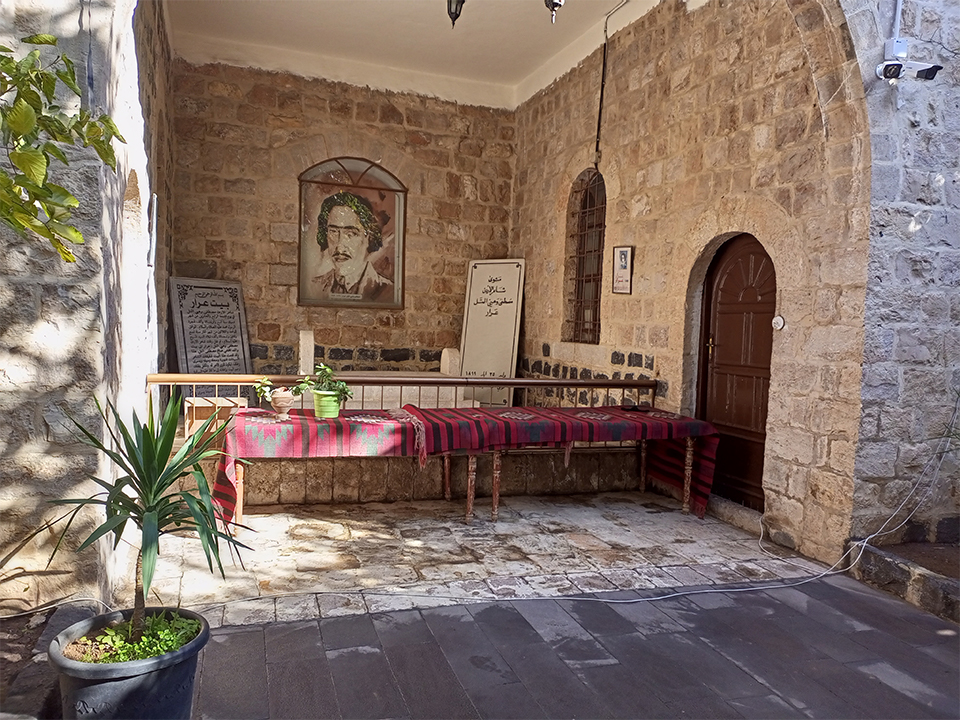
The Arar House Museum was established to host cultural and educational events in the city of Irbid, located in the house of the poet Mustafa Wahbi Al-Tal
Irbid
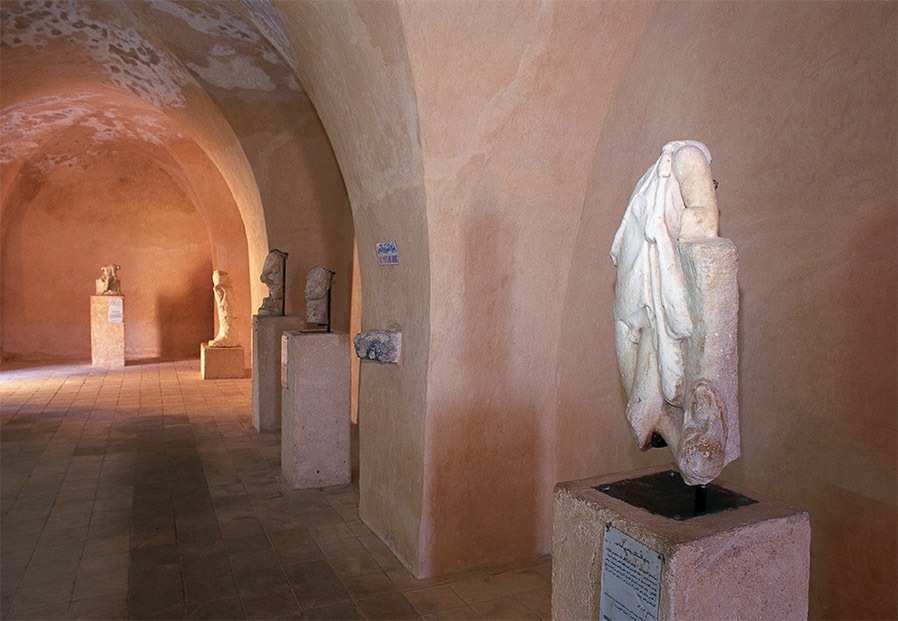
It is located within the archaeological site in the Acropolis of the ancient Gadara city. It was built in 1860. This building belongs to Al Rosan Family.
Um Qais
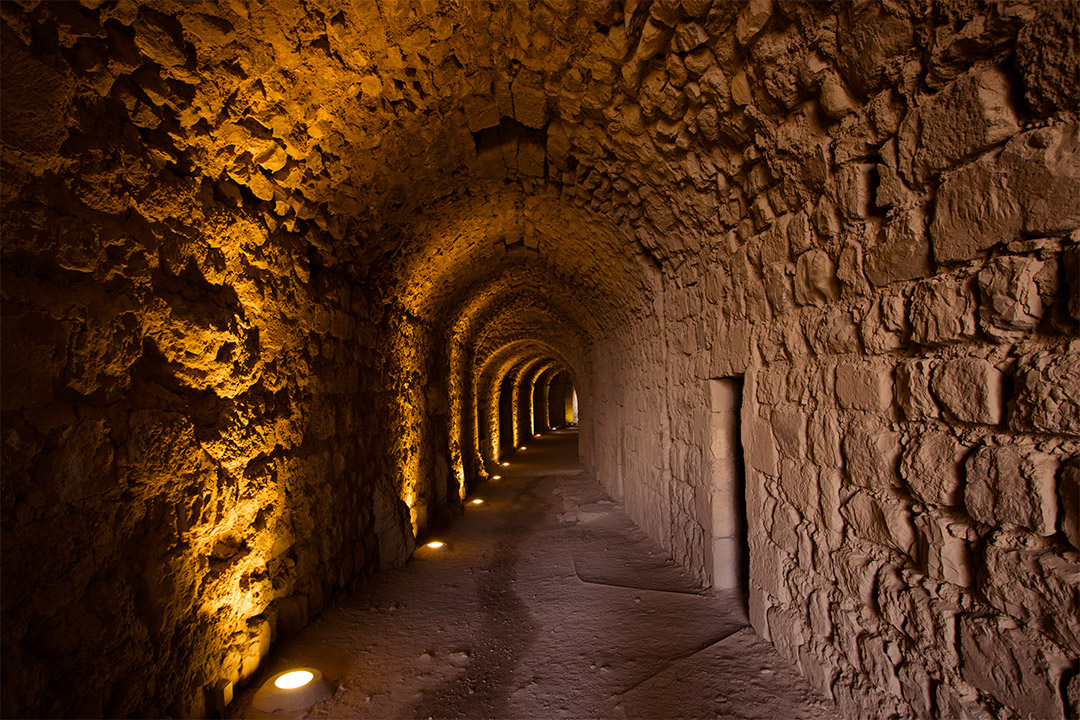
It was opened in 2019, located in the historic Ottoman building in old As Saraya area facing the Castle.
Karak
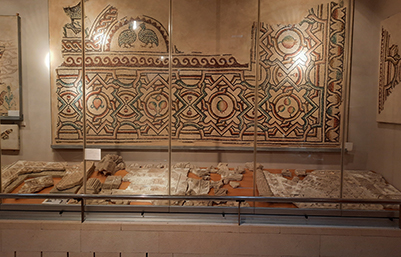
It is located in Al Hallābāt Region in Aḍ Ḍulayl District, Az Zarqāʼ Governorate. It was opened in 2008 within the visitor center at Qaṣr Al Hallābāt.
Zarqa
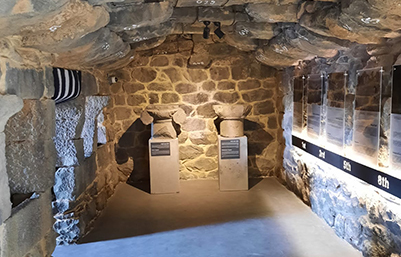
It was opened on 16th June 2019 and it aims to protect heritage such as architectural, cultural, artistic, and religious elements starting from the Nabataean Age until the Late Islamic Age.
Mafraq
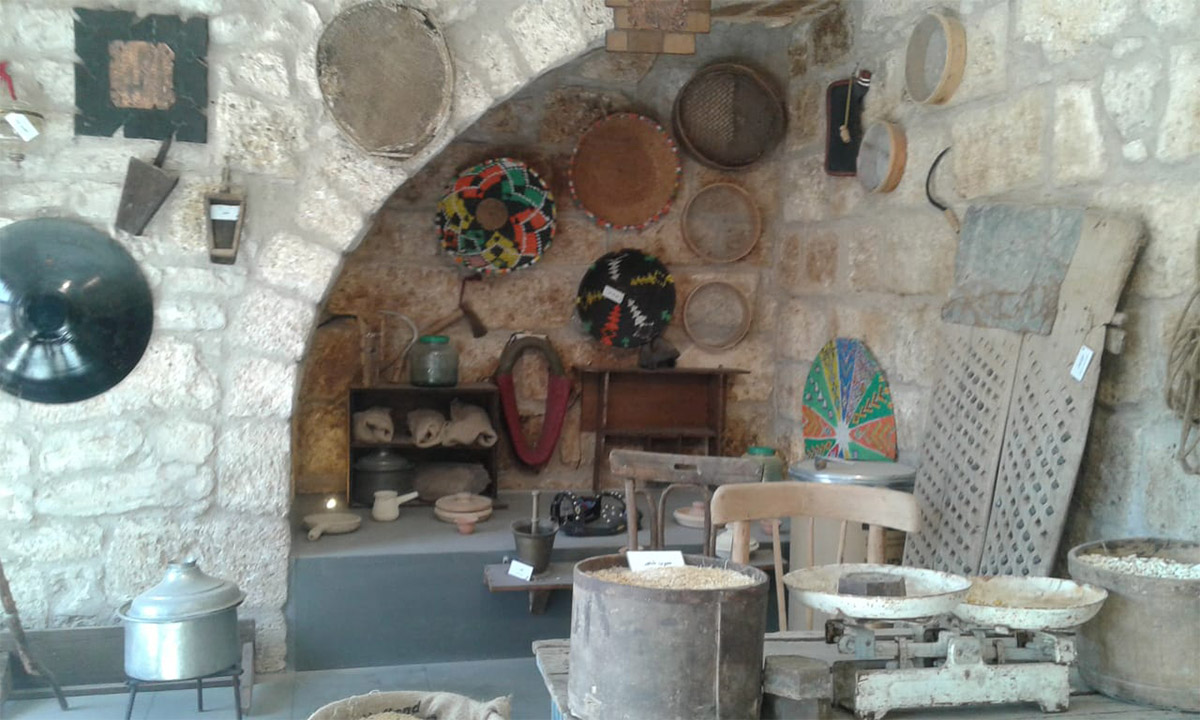
The Ottoman Citadel of Ma’an, which became a museum, was built between 1559-1563 during the reign of Sultan Suleiman the Magnificent, with the aim of providing safety for pilgrims’ convoys that were passing through Ma’an from the Levant to the Hijaz.
Ma'an
The idea of opening a museum of Jordanian stamps came during the tenure of His Excellency the Minister of Communications, Mr. Saeed Al-Tal, in 1979.
Amman

Located next to the historical Aqaba Castle, Sharif Hussein bin Ali’s house was built in 1917 by the people of Aqaba in the style of Hijazi homes. He lived in it before he was exiled from there to Cyprus on 17 June 1925.
Aqaba
